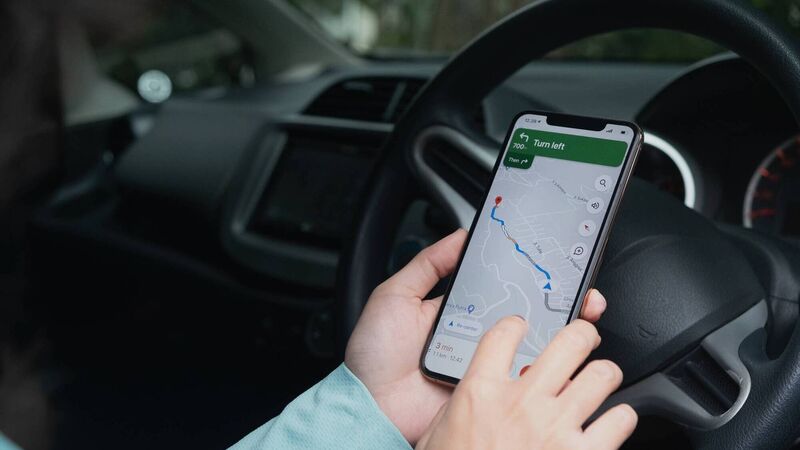Suzanne Harrington: Has travel forever lost its sense of adventure?

Is this progress, or the death of adventure?
Idling through the bookshelf in someone’s bathroom — as you do — my eyes fall upon a sacred text, dog-eared and decrepit. A 1981 , its pages Rizla-thin, its typeface tiny.
, by a travel maverick called Geoff Crowther, who would have compiled it in the 70s when the intrepid shoestring backpacker could take a bus overland from London to Delhi for a fiver, trundling through Iran and Afghanistan with a block of hash down their pants and no clue where they might end up. This was how Boomers backpacked.






